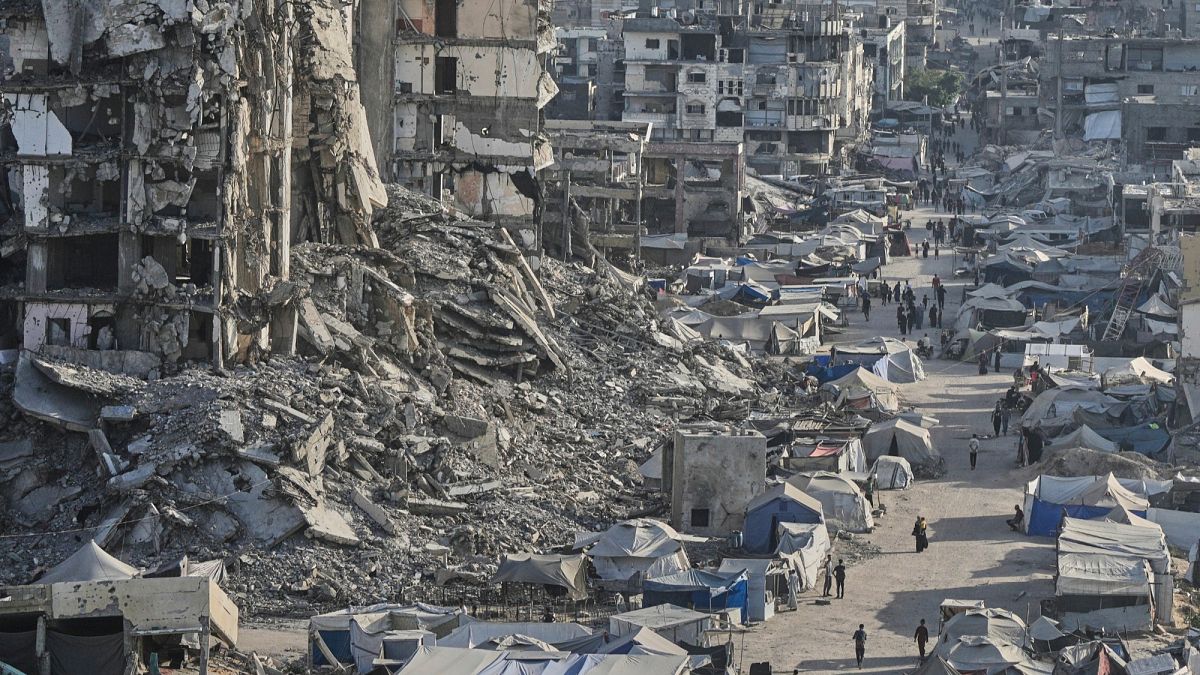

The Middle East continues to grapple with complex challenges as tensions escalate in various regions. Recent developments include issues related to visa renewals for UN agency leaders in Gaza, violent clashes in Suwayda, Syria, and humanitarian crises resulting from these conflicts. Amidst this turmoil, calls for peace and measures to alleviate the suffering of affected populations persist, shedding light on the pressing need for international attention and resolution.
In Gaza, a humanitarian concern has emerged concerning visa renewals for local leaders of the United Nations supporting agencies. The agency heads from the Office for the Coordination of Humanitarian Affairs, the human rights agency OHCHR, and UNRWA have faced challenges in obtaining visa renewals in recent months. This visa situation hampers their ability to contribute effectively to the humanitarian efforts desperately needed in the region. A mindful approach towards facilitating the UN’s operations can play a crucial role in ensuring the continued support and welfare of the Palestinian population in Gaza.
Meanwhile, in Syria, Suwayda has become the focal point of renewed unrest. The return of Syrian forces to Suwayda comes after a fragile ceasefire was brokered with the help of international mediators, including the United States, Turkey, and several Arab nations. These efforts aim to quell clashes between Druze militias and Bedouin clans, which have disrupted the peace in the region. The history and cultural dynamics between these communities highlight the intricate social fabric of Syria, where dialogue and cooperation can pave the way toward lasting peace.
The broader situation in Syria reveals deeper societal divisions and challenges under the new regime. Seven months after the downfall of Bashar al-Assad, Syria finds itself amidst violent sectarian conflicts that have attracted external involvement. Local disputes between different communities, such as between members of the Druze minority and Bedouin tribesmen, have escalated, leading to tragic outcomes. Understanding these socio-political intricacies is key to fostering an environment where trust and reconciliation can flourish.
Adding to the complexity, the situation has drawn attention from neighboring countries and has led to Israeli opportunism. As clashes escalate, calls for an end to the violence have intensified. The UN has urged a cessation of the bloodshed, advising an independent investigation to address the root causes of the conflict. Such measures reflect the international community’s role in advocating for peaceful resolutions and safeguarding the human rights of all individuals involved. They also underscore the importance of a concerted effort to embrace constructive dialogue as a means to prevent further bloodshed.
Moreover, the region faces a humanitarian crisis with reports of Israeli attacks on Gaza aid centers. Tragically, dozens have been killed and many more wounded in these incidents. As Gaza reels from these attacks, the resilience of its people and the resolve of humanitarian organizations continue to provide a mantle of hope. Ensuring the safety and efficacy of aid distribution is paramount, as it plays a lifeline role in supporting vulnerable populations amid dire circumstances. Encouraging cooperation and transparency among all parties involved is vital to enable unhindered humanitarian assistance.
The Middle East’s unfolding scenario reflects a tapestry of historic tensions, societal challenges, and the enduring pursuit of peace. While current events pose significant hurdles, they also offer an opportunity for introspection and collective action towards a stable and harmonious future. Continued dialogue, informed policy-making, and humanitarian efforts are essential to address the root causes and alleviate the ongoing suffering in these regions. Remaining calm, engaged, and mindful can guide stakeholders toward sustainable solutions and a brighter horizon for all affected communities.
Source: {link}
